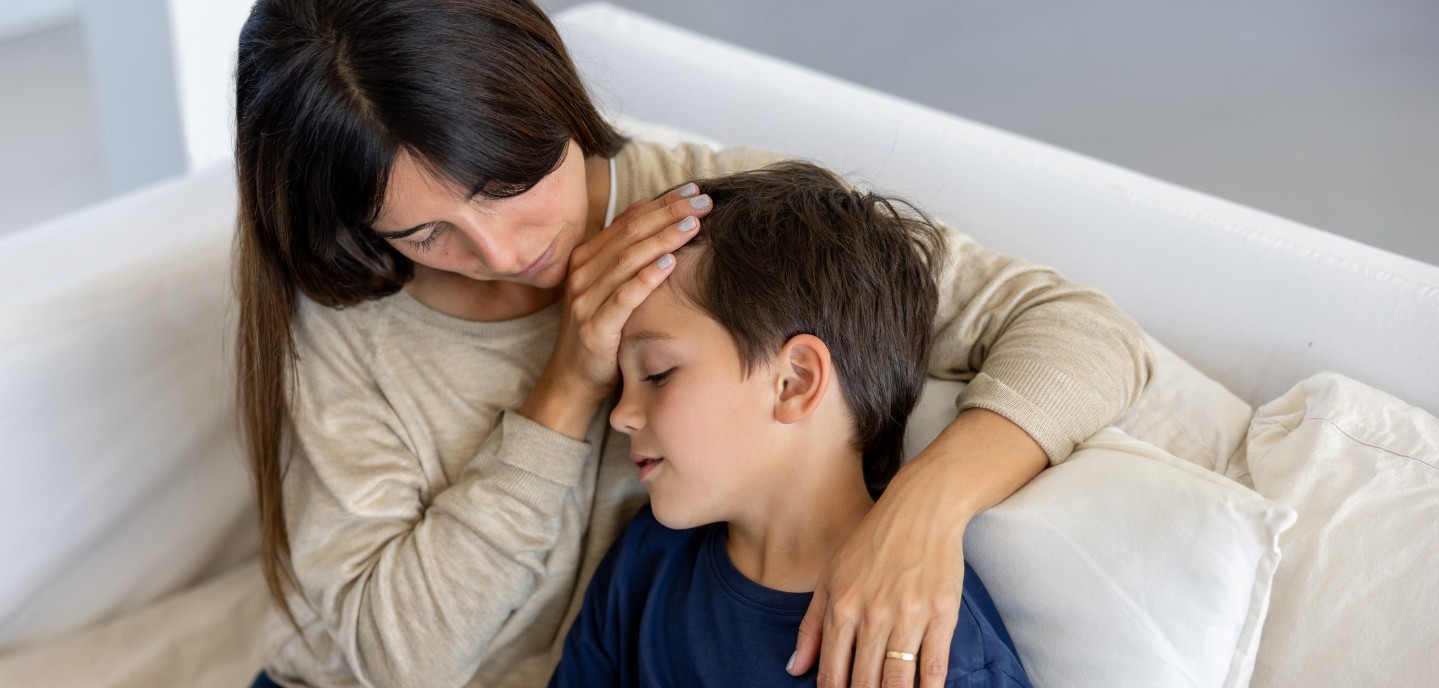Beyond the Chill: Understanding Raynaud's Phenomenon
JAN 29, 2026Raynaud's phenomenon is a rare disorder that affects the blood vessels, most commonly in the fingers and toes, but sometimes also in the nose, ears, or lips.
Read More
As a pediatrician, every day brings a new set of challenges and joys, but a significant portion of my life is helping families prevent illness in any way possible. October 5th marks World Meningitis Day. It's a day dedicated to raising awareness about a disease that can be devastating. As a pediatrician, my message to parents on this day is: Be aware, know the signs, and understand the power of prevention.
In simple terms, meningitis is the inflammation of the membranes (meninges) that surround and protect the brain and spinal cord. It's often caused by an infection – most commonly bacterial or viral, though fungi can also be a rare culprit.
The reason meningitis is so serious, especially in children, is its proximity to the brain and spinal cord. These vital organs can be damaged by the swelling and inflammation, leading to severe and potentially life-threatening complications.
As a parent, it's crucial to understand the distinction between the two main forms:
The fear surrounding meningitis stems from several factors:
This is perhaps the most critical information I can relay. Meningitis symptoms can vary depending on the child's age. Trust your parental instincts – if your child seems unusually unwell, or their symptoms are rapidly worsening, seek medical attention immediately.
In Infants (under 1 year): Symptoms can be subtle and non-specific, making it very challenging. Look for:
In Older Children, Teens, and Adults:
When in doubt, get it checked out! Don't wait for all symptoms to appear. A doctor needs to evaluate your child immediately if you suspect meningitis.
This is where the hopeful part comes in! While terrifying, bacterial meningitis is largely preventable thanks to vaccines.
As a pediatrician, I strongly emphasize following the recommended immunization schedule. Here are the vaccines that protect against the most common causes of bacterial meningitis:
These vaccines are safe, effective, and truly life-saving. They not only protect your child but also contribute to community immunity, helping to protect vulnerable individuals who cannot be vaccinated.
Viral meningitis is prevented any way you prevent your children from contracting any illness such as proper hand hygiene and staying home when sick.
On World Meningitis Day, let's commit to protecting our children and our communities. Reach out your pediatrician or primary care provider for more info.

Raynaud's phenomenon is a rare disorder that affects the blood vessels, most commonly in the fingers and toes, but sometimes also in the nose, ears, or lips.
Read More
Winter brings beautiful snowy landscapes and cozy evenings, but the cold, dry air—indoors and out—can be harsh on our hands, leading to dryness, cracking, and even more serious issues like frostbite. Protecting your hands is crucial for comfort and s...
Read More
While BMI can be a useful screening tool for populations, relying solely on this single number to define an individual's health and dictate weight management strategies is outdated and often misleading.
Read MoreWhen you need local health information from a trusted source, turn to the CHI Health Better You eNewsletter.